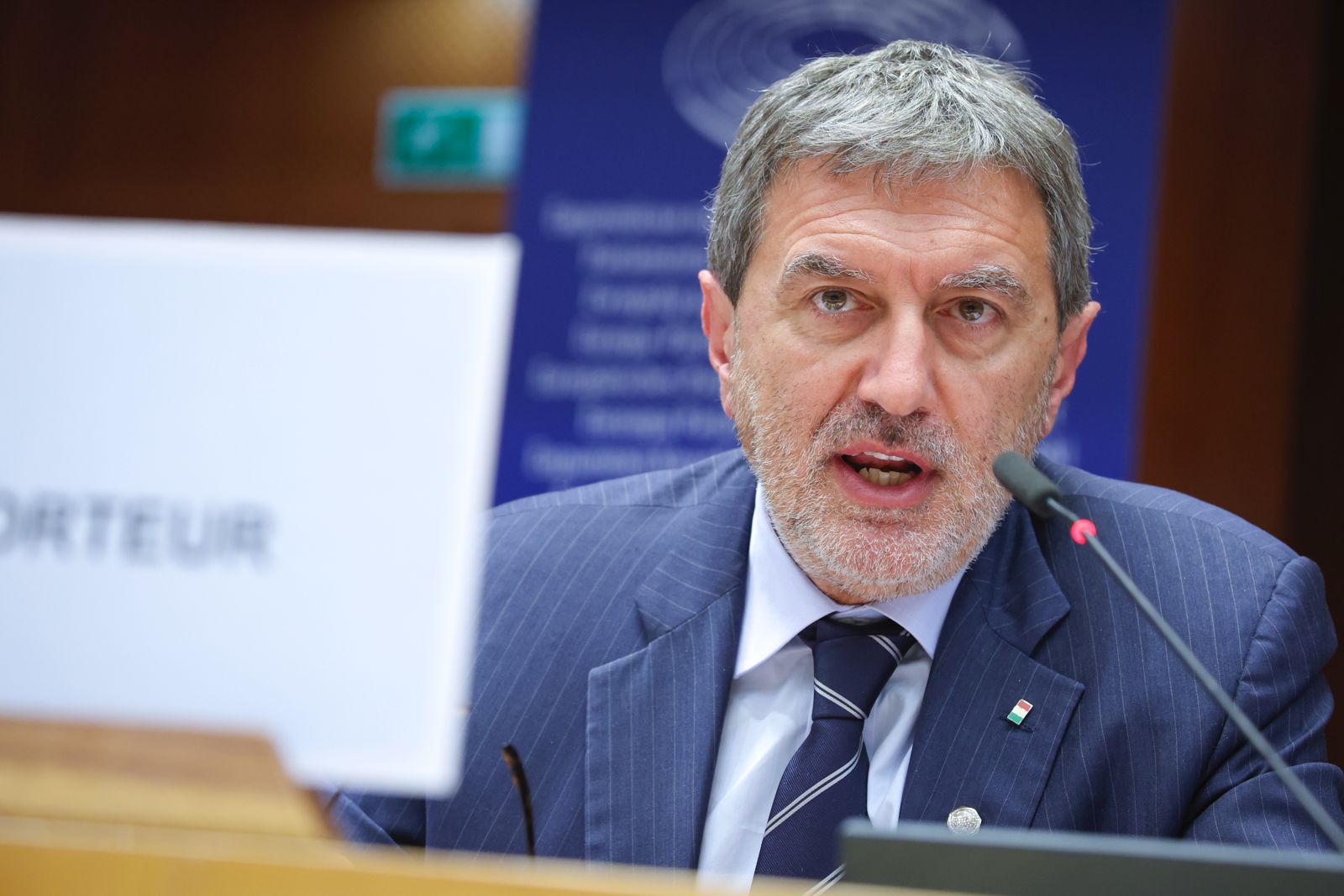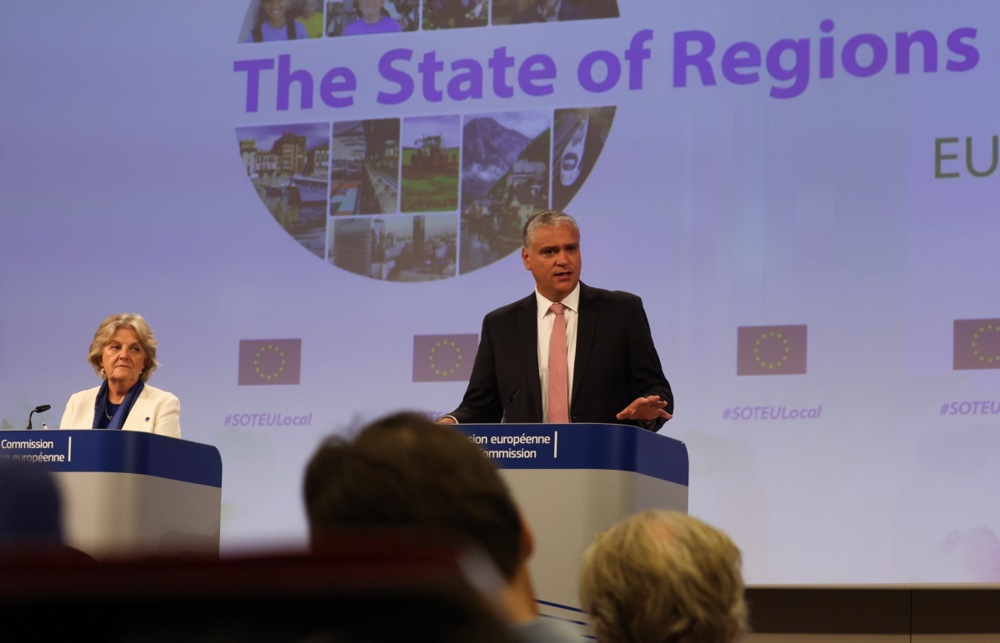Ukraine’s demographic crisis, with a flood of its people leaving, threatens to destroy the country’s future, a UN executive has warned. Volodymyr Zelensky’s government is looking for solutions, with a Ministry of Unity created to try to repatriate seven million citizens.
The ministry will be responsible for finding the most effective ways to ensure the return of exiles and, at the same time, to reinforce Ukraine’s lines of defence growing weaker by the day as the war with Russia continues.
According to the United Nations, 6.7 million Ukrainians reside abroad as refugees. In the first eight months of this year, the country lost 400,000 inhabitants, according to statistics from the National Bank of Ukraine, many more than the 231,000 over the same period in 2023. Currently, Ukraine’s total population is close to 36 million.
Oleksandr Litvinenko, secretary of the National Security Council, warned in August that the country could become a “new Ireland” where more natives lived outside its borders than within them.

In June, foreign ministry officials were ordered to design the new government agency, an initiative that Zelensky confirmed on 20 August, under the title of the Ministry of Unity of Ukraine and for Counteracting Russian Influence on Ukrainians.
The population exodus has become both a demographic crisis and an economic challenge. The huge loss of citizens has drastically reduced the domestic labour force, severely affecting key sectors such as agricultural and industrial production.
With a shrinking population and a war that constantly demands new soldiers, Ukraine faces serious difficulties in maintaining its lines of defence.
The defence ministry has sounded the alarm over the dwindling number of available recruits, while battlefield casualties are in the tens of thousands — some sources have reported hundreds of thousands.
Growing shortages of troops threaten the country’s ability to sustain its military resilience in the long term.
On August 27, Zelensky said the new ministry should be operational this autumn and would co-ordinate efforts to repatriate more than seven million Ukrainians. The economy ministry has estimated that at least 4.5 million of them are needed for the reconstruction of the country.

Ukraine’s Centre for Economic Strategy estimated that between 30 and 60 per cent of refugees could return once the war was over, depending on the living conditions they found on their return.
Ukrainian media outlet Hromadske reported on October 8 that the selection of the new ministry’s chief and its budget were the main impediments to its creation. Sources in the People’s Servant party, which holds the parliamentary majority, have suggested it may have to rely heavily on foreign funding.
The European Union has estimated that the reconstruction of Ukraine will cost around €450 billion. Full details of the deal between Zelensky and the BlackRock investment multinational to fund the rebuilding, sealed in May last year, remain unknown.
Neighbouring countries, which have taken in millions of Ukrainian refugees, face their own challenges in managing this immigration. Poland, Germany and other EU member states have integrated many arrivals into their labour markets and social systems.
According to Ukraine’s National Academy of Sciences, if the current population is 35.8 million people — including Russian-controlled areas — it is projected to be only 28 million by 2041 and 25 million in 2051.
Despite Ukraine’s repeated attempts to explore legal avenues to repatriate its citizens from the EU, Brussels has responded that no one could be forced to leave its territory, especially if they were under official legal protection.
The European Union’s plan to integrate Ukraine into the EU does not currently include the parts of the country currently under Russian control, a senior eurocrat has claimed. https://t.co/dzDpRU38yp
— Brussels Signal (@brusselssignal) October 10, 2024





